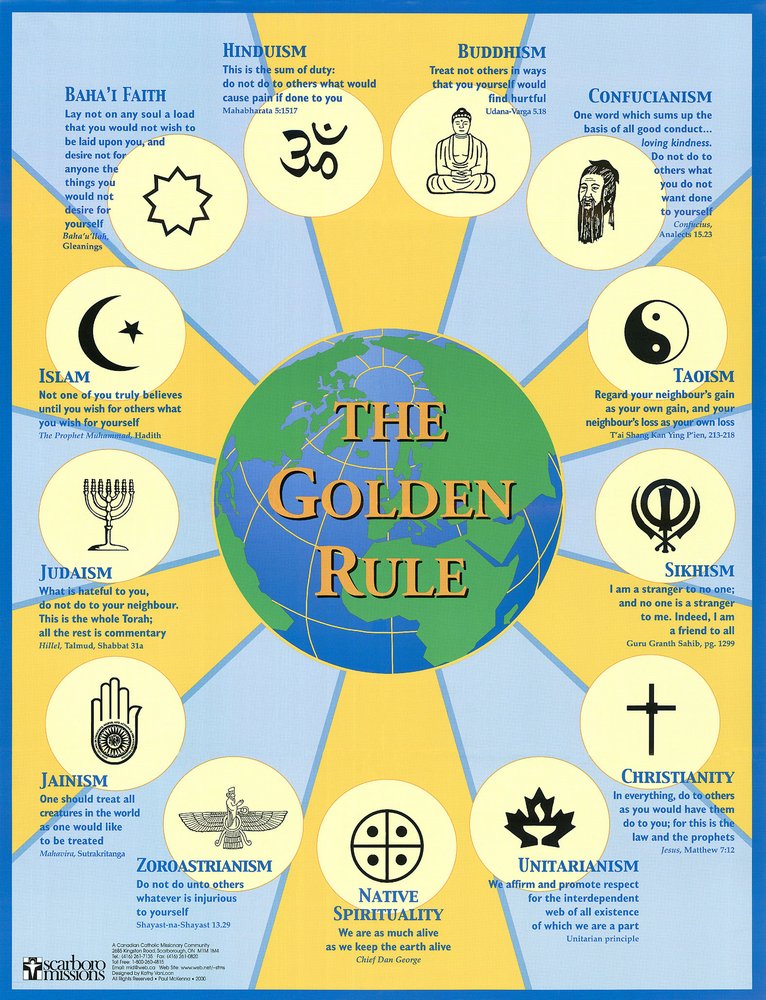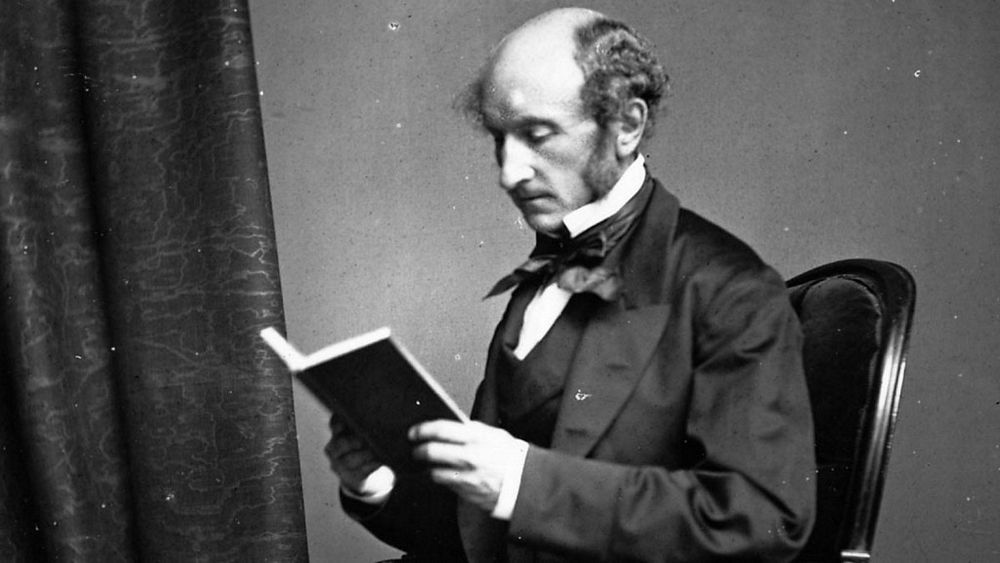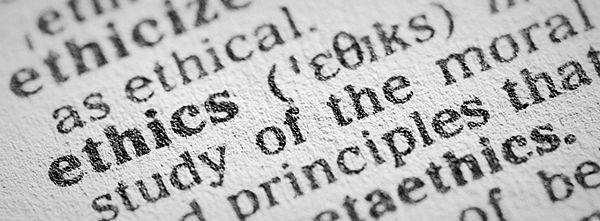
.jpg) [Robert Greene’s ‘The 48 Laws of Power’ identifies a darker path to fulfil our deep seeded desire to be powerful. The philosophies and actions advocated in this book are callous, unprincipled, devious, scheming, manipulative—a good dose of pure utilitarian nonsense for the foolish, insensitive, and greedy personality. Manipulation is a term much more appropriate for the suggestions in this book. Manipulation by means of deceit and maintaining the illusion of power is what you are going to learn from this book, not how to be ethical and influential!
[Robert Greene’s ‘The 48 Laws of Power’ identifies a darker path to fulfil our deep seeded desire to be powerful. The philosophies and actions advocated in this book are callous, unprincipled, devious, scheming, manipulative—a good dose of pure utilitarian nonsense for the foolish, insensitive, and greedy personality. Manipulation is a term much more appropriate for the suggestions in this book. Manipulation by means of deceit and maintaining the illusion of power is what you are going to learn from this book, not how to be ethical and influential!
- Kiss the boss’s ass.
- Make enemies. You can learn from them.
- Conceal your intentions.
- Speak cryptically.
- Defend your reputation; destroy those who challenge it.
- Be an attention seeker.
- Use other people to do things for you and take the credit.
- Bait people.
- Don’t analyze, act.
- People who are hurt are like contagious parasites.
- Make people depend on you.
- Be “selectively honest”, disarm your “victim” with generosity.
- People have no sense of mercy or thankfulness.
- Pretend to be someone’s friend while gathering information on them.
- Destroy people, annihilate them. Ruin their lives.
- Play hookie to make people “want” you.
- Engage in interpersonal intimidation.
- Be one in the crowd; use the crowd to shield you from your enemies.
- Don’t screw over the wrong person.
- Be non-committal.
- Pretend to be dumb, so they won’t suspect.
- Surrender, to stab your enemy in the back.
- Use every resource you have to defeat an enemy.
- Flatter people, yield to your boss, and be cruel to those under you.
- Don’t abide by the social contract. Ally yourself only to yourself. Redefine this self to get as much attention as possible.
- Keep your hands clean: erase any knowledge others have of you messing things up. Never admit to your mistakes. Instead, scapegoat other people.
- Develop a God complex. Feed people what they want to hear and make them follow you.
- Be bold in all of your actions.
- Plan out every little thing.
- Make your accomplishments seem effortless. Also, never let anyone know how you did them.
- Control people’s options.
- Feed people the lies they want to hear.
- Find out everyone’s button, save this information, and push it accordingly.
- Act like a member of royalty.
- Master timing.
- Show contempt for things (and people) you cannot have. By showing you are upset, you are admitting “weakness”.
- Create a lot of spectacles.
- Behave like other people as a mask.
- Use other people’s emotions; play with them.
- Free things are dangerous. Instead, pay for everything yourself and make sure people see it.
- Don’t follow in anyone’s footsteps.
- Attack someone that bothers you. Don’t bother negotiating or understanding them. Just attack them so they shut up and your reputation remains intact.
- Seduce people by playing with their emotions.
- Mirror people so they get annoyed and humiliated.
- Preach “change” and other vague promises, but never act too much on them.
- Pretend to mess up once in a while. People will see that you’re not a sociopath after all.
- Achieve in moderation.
- Be formless. Form, order, routine equals predictability. And those watchful guys following you over your shoulder all this time will spot that and destroy you.


 In
In  In
In 